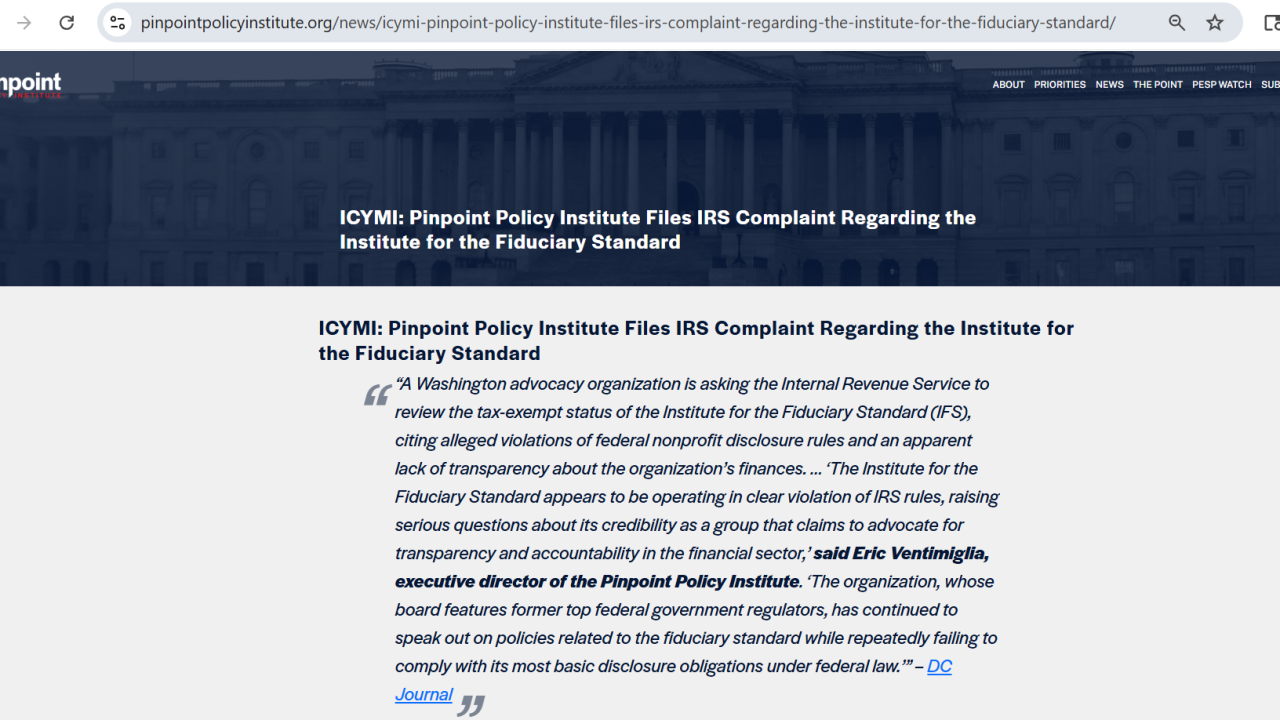I've worked with a number of branch managers who were excellent recruiters. They were able to instill confidence in prospective advisers and get them excited about joining their firms.
So what makes these branch managers standout at their firms? They all had the same platform and recruiting deals to market to potential recruits. The difference, I believe, is that the best of these managers share certain qualities that help them to be skilled recruiters.
Here's a list of some of the qualities I've noted while observing branch managers recruiting top talent.
Acting like fiduciaries not slick salesmen
Branch managers should not be slippery sales guys who try to convince advisers to join their firms. The best managers are truly interested in identifying recruits who would benefit from their firm's platforms, and who take the time to get to know prospective recruits and their business needs.
If their firm's platform doesn't meet those needs in some areas, the managers are upfront about what they can't do. This builds credibility. Their goal is to hire only those advisers who will flourish at their firm. This enables the recruits to bond with the managers.
Advisers are often turned off when branch managers suddenly call to offer them big upfront checks. They realize that these managers don't really care about them and are just looking to put some numbers on the board with some new hires.
Showcasing what the firm can do for the adviser
Successful branch manager recruiters are able to explain how their resources could help advisers expand their businesses or solve problems they are wrestling with at their current firms. I've seen many advisers join firms because they were getting better sales support, enhanced resources to build their team, or because they found more robust offerings in key product areas.
Honest about shortcomings
The best manager recruiters acknowledge their firm's deficiencies. For example, a manager recruiting an adviser who wants to sell standalone hedge funds or private equity deals Will let them know when they don't have a strong platform in these areas. This disclosure only enhances the branch manager's credibility. Even if it's a deal breaker, the branch manager's above board attitude will likely enhance his reputation with other advisers at neighboring firms.
I once observed a branch manager admit to an adviser team he was recruiting that he wasn't happy about a firm policy that he was powerless to change. The advisers appreciated the fact that he didn't try to make excuses for the policy or spin it as a positive. They joined his branch a few months later, and as it turns out, the policy wasn't a major issue for them anyway.
Realistic about recruiting packages
Recruiting packages are typically large and don't need to be oversold. I knew a branch manager who reviewed the potential back end bonuses for a $2.5 million team with $300 million in assets under management. He showed them how much they'd earn at the end of the third year if they delivered 110% of their on board assets. But it was clear from his tone of voice that he didn't really expect them to grow their assets to the 125% and 150% levels at which they could also receive bonuses. He was clear that they shouldn't count on hitting these last two back ends and that these potential bonuses shouldn't be factors in their decision to join. The team members appreciated his genuineness and sincerity.
Respect adviser due diligence
The due diligence process on a prospective firm's platform should never be rushed. Choosing the firm with the right platform and identifying any issues beforehand is the most important part of the recruiting process.
Successful branch manager recruiters understand this and are committed to helping prospective advisers connect with product specialists and home office people who can provide them with the specifics that they need.
Sometimes managers urge recruits to also make a home office visit early in the process, when a meeting or call with a local product specialist would have sufficed. However, advisers may interpret that as a fast move to close the deal.
Recruits appreciate when branch managers are careful and thorough in researching answers to their questions. Some advisers find it alarming when a recruiting manager's knee jerk response to every question is "We can do it -- that's no problem!"
Honor the adviser's timetable.
Top recruits can move whenever they want, but the timing has to make sense for them. Unless they are fully committed to the extra work and stress of a changing firms, they won't be successful. Branch managers who are patient and are willing to accommodate schedules always earn respect. Pushy branch managers who are concerned about meeting quarterly recruiting goals can alienate potential recruits.
Put the deal in writing
Advisers feel reassured when they can see the proposed deal in writing. It's also an opportunity for them to ask for any clarification they may need.
Make the transition process comfortable
Moving an adviser practice from one firm to another is an anxiety-ridden process. Skilled manager recruiters make sure to connect advisers with a transition team early on. They make sure that advisers know exactly what they need to do to expeditiously transport client assets. They remain involved during the onboarding process to ensure a smooth transition.
Fulfill all promises
The best manager recruiters deliver on what they say they're going to do – both in writing and when speaking to advisers.
Satisfied, happy recruits who have had a positive experience with their branch managers and new firm help the managers build their reputations.
They also will pass on the good word about the managers to other potential recruits.





